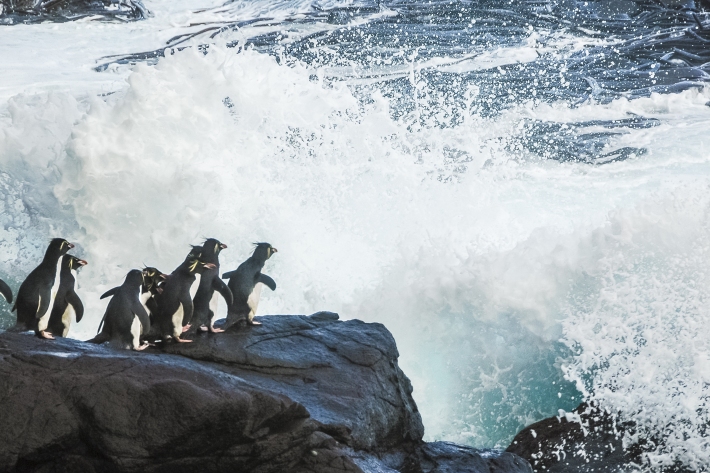-
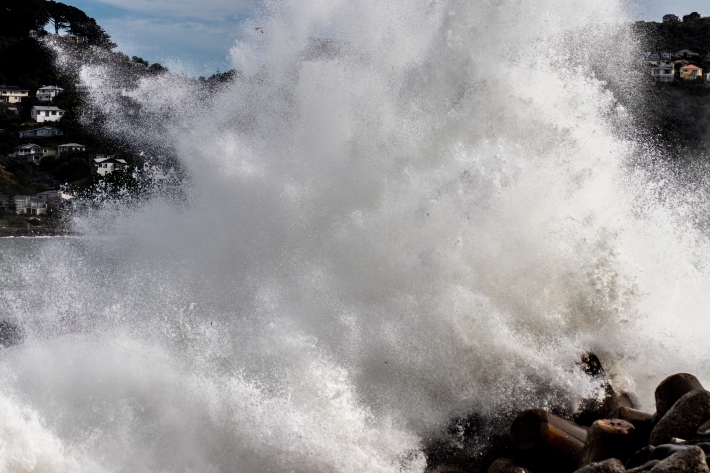
Huge waves on Wellington coast to ease later today, says NIWA
Media release15 April 2020High waves pounding Wellington’s south coast today are being caused by a deep area of low pressure passing the Chatham Islands, according to NIWA forecaster Ben Noll. -

Small sea-level rises to drive more intense flooding, say scientists
Media release14 April 2020A little can mean a lot – especially when it comes to the relationship between sea level rise and coastal flooding. -
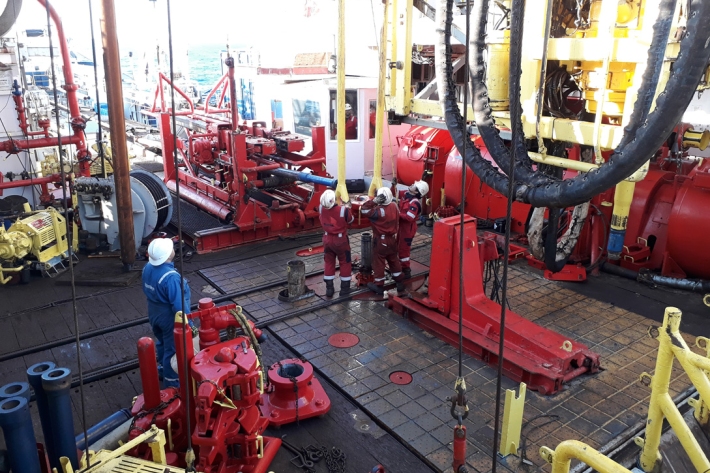
Scientists get first look at rocks causing slow moving quakes
Media release26 March 2020An ambitious international scientific project to study New Zealand’s largest earthquake fault is now enabling scientists to learn more about slow slip earthquakes happening in subduction zones around the world. -

Tubeworm discovery in Hauraki Gulf cause for celebration
Media release19 March 2020Scientists mapping the Hauraki Gulf seafloor have discovered huge colonies of tubeworms up to 1.5 metres high and collectively covering hundreds of metres providing vital habitats for plants and animals. -
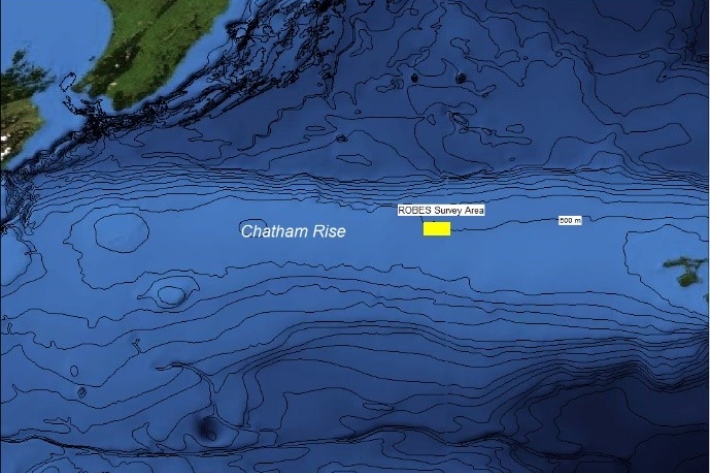
2020 - Deep Sea Benthos
VoyageSedimentation effects-the Resilience Of deep-sea Benthos to the Effects of Sedimentation (ROBES). -

Giant squid and glow-in-the-dark sharks surprise scientists
Media release17 February 2020A giant squid and several glow-in-the-dark sharks were surprise finds for NIWA scientists last month on the Chatham Rise during a voyage to survey hoki, New Zealand’s most valuable commercial fish species. -

Hitting the high notes
Feature story01 February 2020Dr Kameron Christopher plays a mean sax. Campbell Gardiner checks in with NIWA’s new Chief Scientist for High Performance Computing and Data Science. -

Epic spiny red rock lobster
Feature story06 January 2020Sam Fraser-Baxter heads to the Wairarapa for one of New Zealand’s longest-running marine surveys – counting baby lobster. -
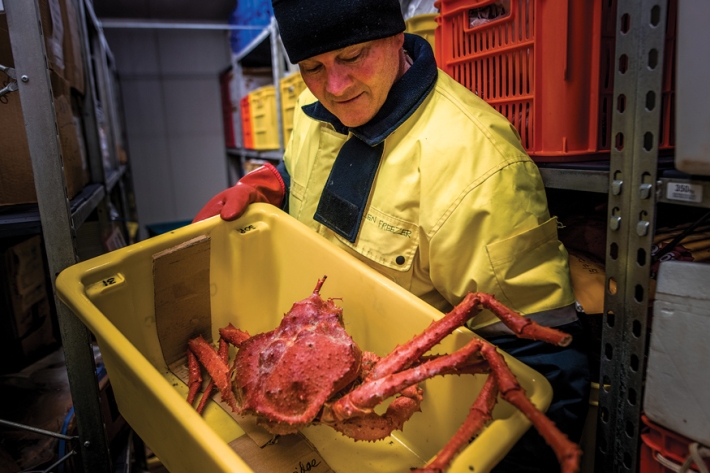
The frozen menagerie
Feature story23 December 2019Just past the locks, alarms and big heavy doors is a rather macabre sight. -
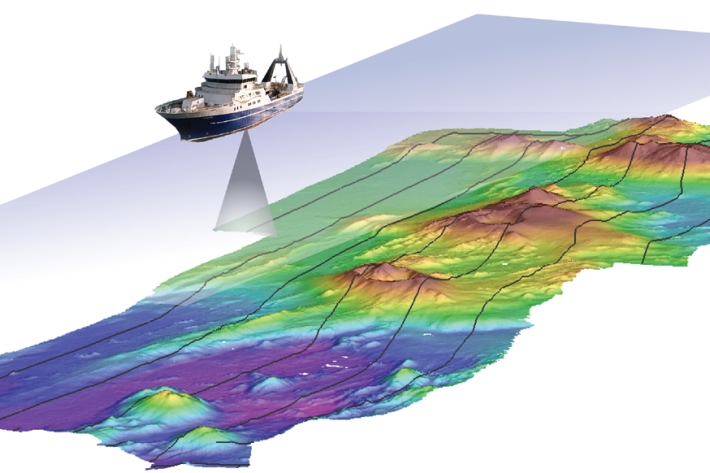
Scientist pieces together details of underwater landslides
Media release28 November 2019New information about landslides that occur on the seafloor off New Zealand’s east coast will help scientists better understand why and where they happen, and the types of threats they pose. -

Scientists brave winter in Antarctic waters
Media release14 November 2019The New Zealand ship Janas has recently returned from a six-week winter research voyage to the Ross Sea where scientists made the first observations of developing Antarctic toothfish embryos.

